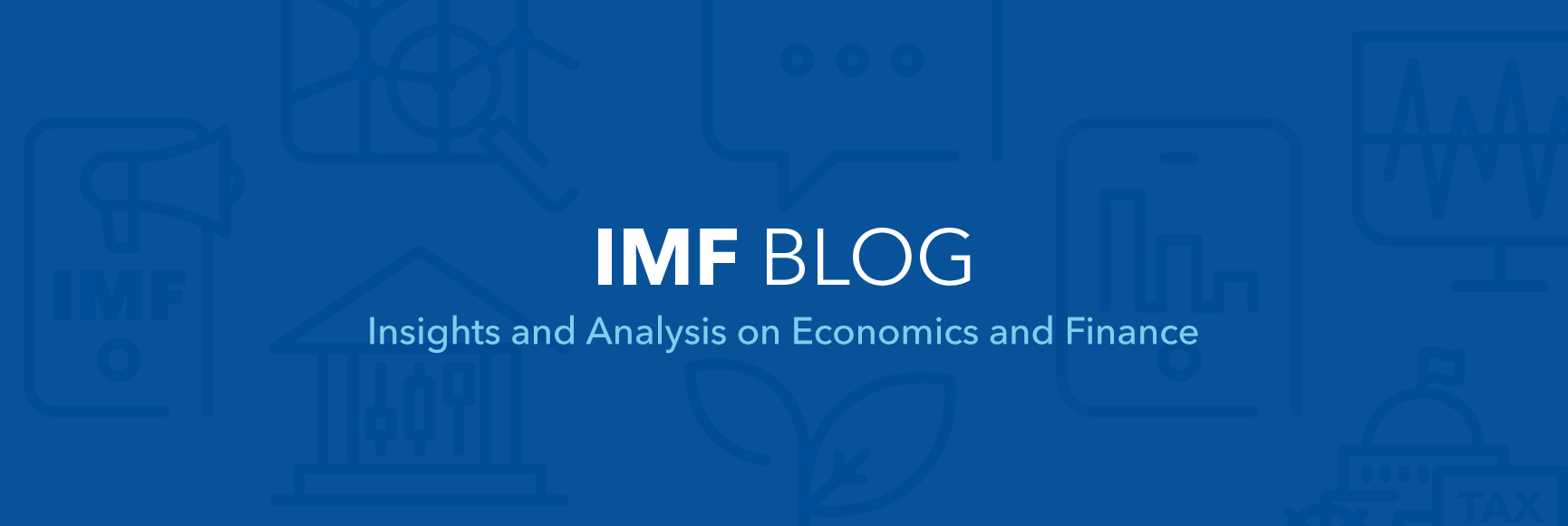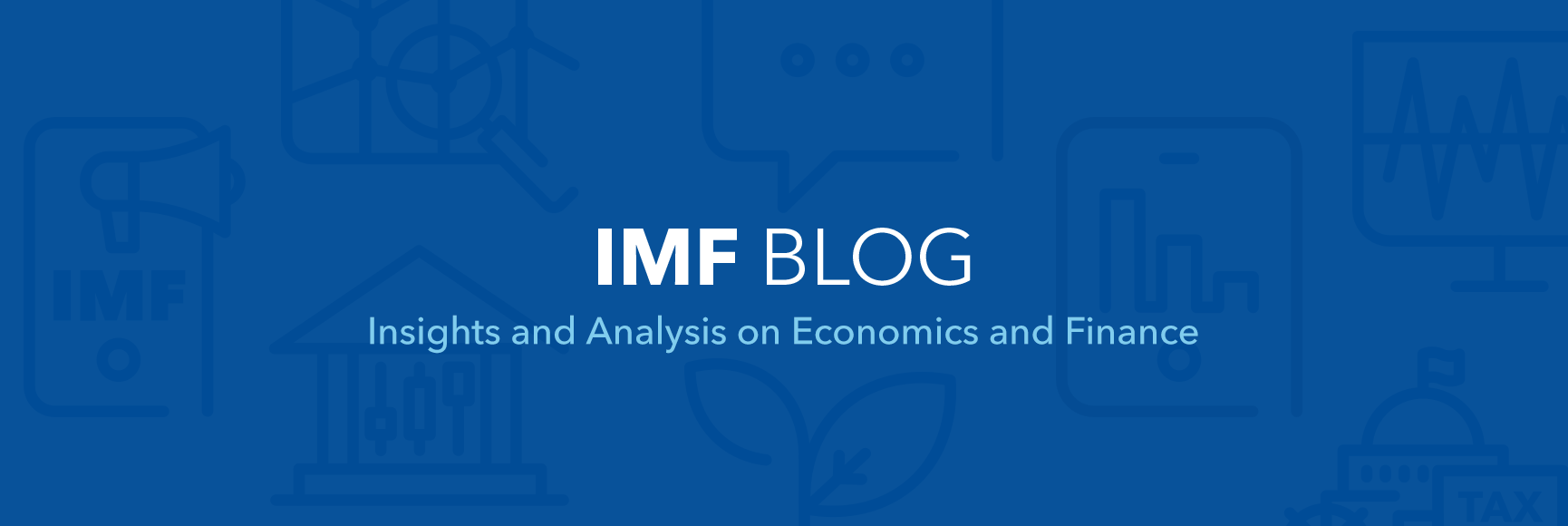We have a global economy, but we don't have a global currency. Or do we?
In this podcast interview with Benjamin Cohen, professor of International Political Economy at the University of California, Cohen explains why currencies become internationalized, and examines the relationship between world currencies and State power.
Power is influence, and it is also the ability to do what you want without having to worry about what others want, according to Cohen.
The United States dollar has been a dominant currency because the U.S. economy has dominated since World War II. What makes the dollar attractive, according to Cohen, is the U.S. financial market. The dollar offers liquidity advantages that no other does.
Cohen describes what he calls a currency pyramid, which includes the U.S. dollar at the very peak. It has universal scope and domain. Potentially the renminbi, China's currency (also known as the yuan), which is still just a minnow, according to Cohen, but it's international use is growing quite rapidly. It reflects that China has achieved a degree of autonomy that's almost unprecedented.
Some people would like one world currency, which would come with a great deal of power. Cohen does not believe a world currency is possible in today's world.
The best we can hope for is for institutions like the IMF to help governments to manage their currencies more efficiently.
According to Cohen, as long as we have a political system that relies on state sovereignty, we're going to live with an imperfect monetary system, and the best we can hope for is international institutions that can help smooth some of the rough edges.
To listen to the podcast, you can tune in here:



